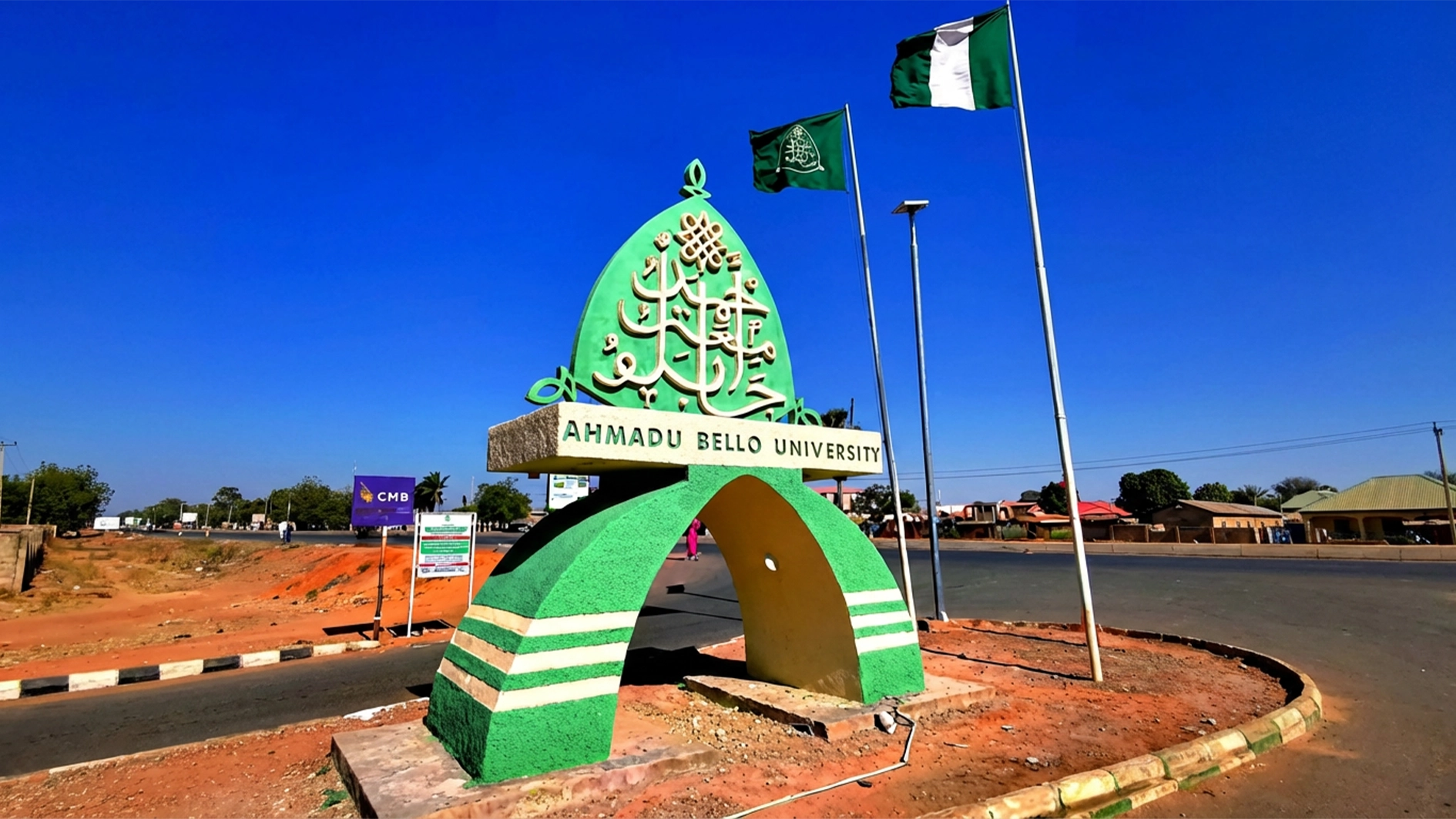As Nigeria seeks to modernize its infrastructure and enhance the longevity of its built environment, cutting-edge research on the durability of concrete materials is emerging as a critical area of national importance. From bridges and highways to power plants and coastal structures, concrete deterioration such as corrosion, Alkali-Silica Reaction (ASR), and other degradation mechanisms, poses a significant challenge to the sustainability and safety of vital infrastructure.
Olusola Olajide, a civil engineer and researcher with extensive experience in concrete durability, is at the forefront of this critical research area. His work focuses on understanding and mitigating deterioration mechanisms that compromise concrete’s long-term performance. Through rigorous laboratory experimentation and field studies, Olajide investigates how environmental factors such as temperature and relative humidity accelerate concrete degradation under various service conditions. His research has led to several publications in high-impact international journals.
“Infrastructure failure due to premature concrete deterioration is not just an engineering issue, it is an economic and safety concern,” Olajide explains. “By studying how concrete responds to different exposure conditions, we can design more resilient materials and develop maintenance strategies that reduce life-cycle costs and extend service life.”
Olajide’s research illuminates the internal and external factors influencing ASR expansion, including the role of internal relative humidity and temperature gradients. He has worked extensively with methods to evaluate microstructural damage, expansion thresholds, and mechanical property losses in concrete, enabling engineers to better predict and prevent long-term degradation. His findings offer practical guidelines for implementing mitigation strategies, which are crucial for infrastructure projects across Nigeria’s diverse climate zones.
The potential impact of this research is far-reaching. Improving concrete durability could significantly reduce repair costs and enhance public safety in a country where road networks, public buildings, and hydroelectric dams are exposed to harsh environmental and operational conditions. Furthermore, adopting advanced testing and monitoring techniques could enable Nigerian engineers to proactively assess structural health, minimize downtime, and increase the resilience of critical infrastructure assets.
One of the key barriers to progress in this field, Olajide notes, is the limited access to advanced testing infrastructure and specialized training within the country. Many engineers and builders still rely on outdated construction practices or have insufficient knowledge of material behavior, which can compromise the durability and performance of structures. “It is essential that we invest in education and modern laboratory facilities, so our professionals are equipped to make informed, data-driven decisions,” he says.
Olajide envisions a future where innovation and collaboration drive a new era of construction resilience in Nigeria. By fostering partnerships between universities, government agencies, and industry stakeholders, he believes the country can build a strong knowledge-sharing network that accelerates the adoption of advanced technologies. “The durability of our infrastructure directly impacts our economy and quality of life,” he adds. “Through targeted research, strategic planning, and collective commitment, we can ensure that the structures we build today remain strong and sustainable for future generations.”






